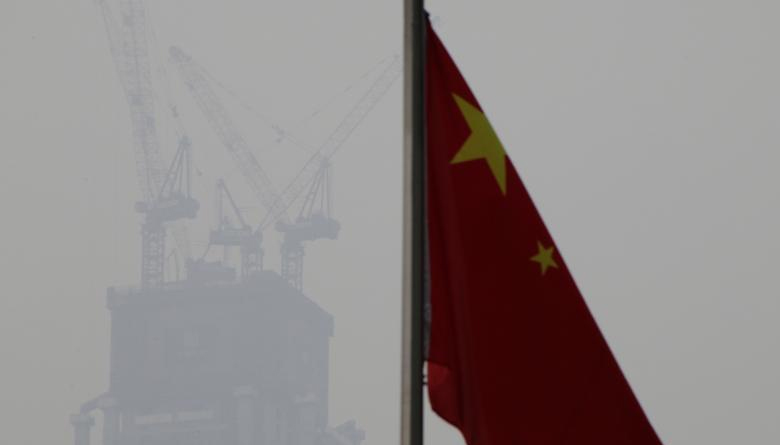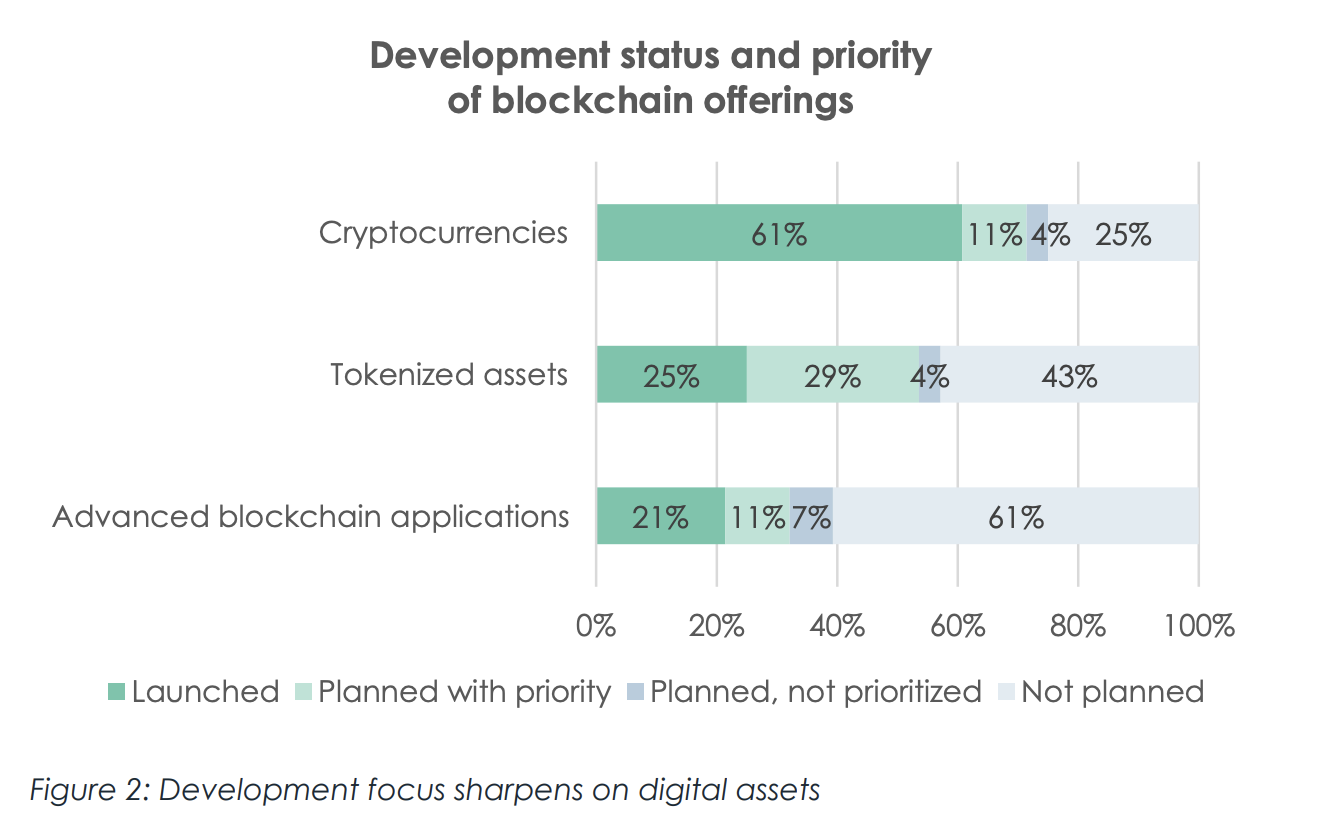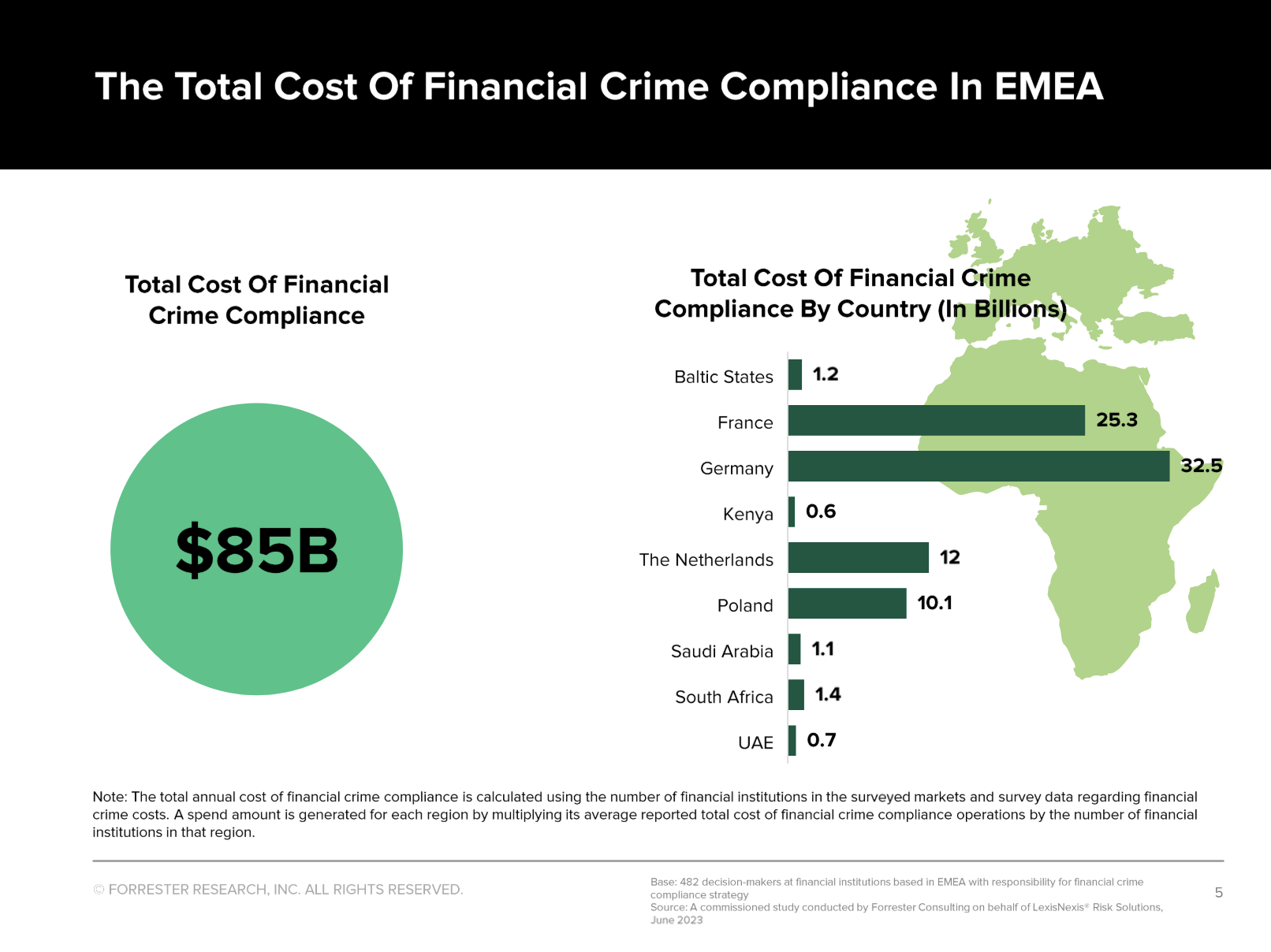Over the weekend China used the Trump inauguration to warn about the perils of democracy, touting the relative stability of the Communist system as President Xi Jinping heads toward a twice-a-decade reshuffle of senior leadership posts.
Without directly referencing the new president, China wrote that democracy has reached its limits, and deterioration is the inevitable future of capitalism, according to the People’s Daily, the flagship paper of China’s Communist Party. It devoted an entire page on Sunday to critiquing Western democracies, quoting former Chairman Mao Zedong’s 1949 poem asking people to “range far your eyes over long vistas” and saying the ultimate defeat of capitalism would enable Communism to emerge victorious.
“The emergence of capitalism’s social crisis is the most updated evidence to show the superiority of socialism and Marxism,” said one of the People’s Daily articles.
“Western style democracy used to be a recognized power in history to drive social development. But now it has reached its limits,” said another article on the same page. “Democracy is already kidnapped by the capitals and has become the weapon for capitalists to chase profits.”
The Chinese comments came after Trump in his inauguration speech said his administration would focus on an “America first” approach to foreign policy, undermining hopes abroad that the new president would moderate his protectionist tone. His pledge to abandon a U.S.-led Pacific trade pact has enabled China to step in as the chief advocate of an alternative Asia-wide deal.
Sensing a global feeling of discontent, China was quick to appease the public and deflect US woes to the terminal decline of its democratic system. With ministries and senior officials stressing unity as a priority for China, smoothing the path for the party’s congress in the fourth quarter, state media were quick to highlight divisions within America shown by Trump’s elevation.
As Bloomberg observes, the unusual series of commentaries in the People’s Daily mirrors Soviet efforts to promote an alternative political and economic system during the Cold War. The rise of anti-establishment, protectionist politicians like Trump, amid populist winds on several continents, has sent political parties scurrying to shore up their support, helping China to portray itself as relatively steady.
Ironically, realizing a power vacuum is forming in global “governance”, Xi has used recent speeches to international audiences to tout China’s economic and political values and has said that globalization, despite its flaws, should endure via the existing international system of finance and trade. That’s even as state media criticizes democracy and capitalism amid efforts to build support at home for the party. Translation: China remains largely an export-driven economy, and any threats to the global trade model could have dire consequences for social stability in China.
“China’s rising wealth has brought greater global presence, but that’s not enough,” said Zhang Ming, a political science professor at Renmin University in Beijing. “The Communist leaders want that someday China will matter globally for the nature of its political system and create its own universal values.”
As a result, Trump’s policies will give China a chance to take a bigger global role, said Zhang. “China doesn’t have a better Communist system than it used to have, but the global economic and political turmoil has undermined public confidence in western democracy,” he said.
Separately, in comments made by Zhang Jun, director general of the Chinese Foreign Ministry’s international economics department during a briefing with foreign journalists to discuss President Xi Jinping’s visit to Switzerland last week, he said that China does not want world leadership but could be forced to assume that role if others step back from that position. The senior Chinese diplomat’s statement also followed Trump’s pledge to put “America first” in his first speech.
Speaking days before Trump assumed the presidency, Xi also urged countries to resist isolationism, signaling Beijing’s desire to play a bigger role on the global stage. Elaborating on that theme, Zhang said China had no intention of seeking global leadership.
“If anyone were to say China is playing a leadership role in the world I would say it’s not China rushing to the front but rather the front runners have stepped back leaving the place to China,” Zhang said.
“If China is required to play that leadership role then China will assume its responsibilities,” he added.
“We still hope that the United States and other Western economies can continue to make an even bigger contribution to the world economic recovery. We’ve heard Trump announce that the United
States will achieve four percent growth and we’re very happy about that,” he added.
Returning to Trump, Zhang said he thought Trump would not be able to achieve his economic growth goals if he was also fighting trade wars. “A trade war or an exchange rate war won’t be advantageous to any country,” Zhang added. But mostly China.
Separately, Chinese Foreign Ministry spokeswoman Hua Chunying said Xi had sent a congratulatory message to Trump upon his assumption of office, but gave no other details.
Full story here Are you the author? Previous post See more for Next postTags: Asia,China,Donald Trump,newslettersent,Politics,recovery,Switzerland,Trade War,Trade Wars,Xi Jinping
























